Fulton grand jury indicts Trump over 2020 election interference in Georgia
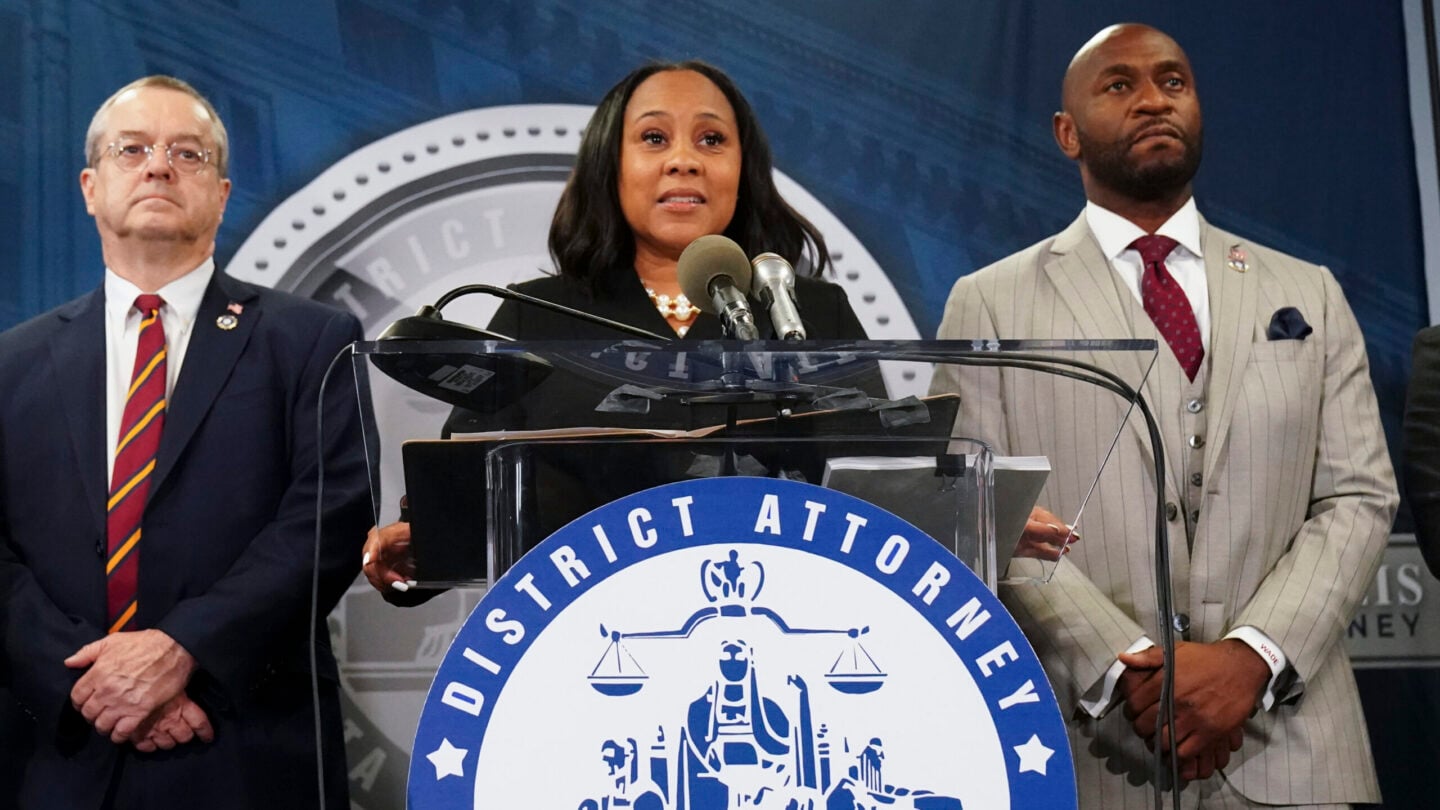
This story was updated on Tuesday at 12:37 p.m.
Former President Donald Trump and a group of 18 lawyers, operatives and campaign allies have been indicted by a grand jury in Fulton County for working to overturn the 2020 election result in Georgia — kicking off what could be one of the most significant criminal cases in U.S. history.
The 41-count indictment includes Trump’s onetime lawyers Rudy Giuliani and John Eastman, former White House Chief of Staff Mark Meadows and several of the fake electors for Trump. The wide-reaching case is framed around Georgia’s racketeering or RICO law, which carries mandatory minimum sentences.
Fulton County prosecutors, led by District Attorney Fani Willis, presented the sprawling case to a 23-member grand jury, which agreed to bring criminal charges. The grand jury vote is not a finding of guilt — prosecutors only need to convince at least 12 jurors that there is probable cause to believe a crime occurred.
“The indictment alleges that, rather than abide by Georgia’s legal process for election challenges, the defendants engaged in a criminal racketeering enterprise to overturn Georgia’s presidential election result,” Willis said in a press conference Monday following the release of the indictment.
The 98-page indictment released late Monday night is below.
Others charged in the indictment include former Georgia GOP Chair David Shafer; Georgia state Sen. Shawn Still; former assistant U.S. Attorney General Jeffrey Clark; attorneys Robert Cheeley, Kenneth Cheseboro, Jenna Ellis, Sidney Powell and Ray Smith; Black Voices for Trump leader Harrison Floyd; Atlanta bail bondsman Scott Hall; former Coffee County, Georgia, elections supervisor Misty Hampton; former Coffee County, Georgia, GOP Chair Cathy Latham; publicist Trevian Kutti; pastor Stephen Lee; and GOP strategist Mike Roman.
Willis said arrest warrants have been issued for those charged and have been notified to voluntarily surrender by Aug. 25 at noon. She said she will ask for a trial within six months.
Trump and his allies have maintained that nothing they did was illegal.
Trump responded to the indictment on social media early Tuesday morning, calling it “rigged” and a “witch hunt” and calling Willis “out of control and very corrupt.” He also claimed that on Aug. 21, he will present evidence of fraud in Georgia during the 2020 presidential election. The vote was certified in Georgia after multiple recounts, all lawsuits alleging such fraud have failed and Trump and his allies have been unable to produce evidence proving fraud in Georgia in the nearly three years since the election.
Gov. Brian Kemp’s office declined to comment on the indictments, but Kemp shot down Trump’s claims about election fraud in Georgia on Tuesday afternoon.
“The 2020 election in Georgia was not stolen,” he wrote on Twitter.
The indictments stem from a two-and-a-half-year probe into efforts by Trump and his allies to interfere with the election result in Georgia.
At the center of the investigation has been Trump’s January 2021 recorded phone call to Georgia’s Republican Secretary of State Brad Raffensperger. Trump asked Raffensperger to “find” 11,780 votes — the number he would have needed to top the actual winner in Georgia, Joe Biden.
Raffensperger issued a brief statement on Tuesday in reaction to the indictment.
“The most basic principles of a strong democracy are accountability and respect for the Constitution and rule of law,” he said. “You either have it or you don’t.”
A spokesperson for Georgia Gov. Brian Kemp declined to weigh in on the indictment.
“Given the governor was subpoenaed in this case in November of 2022, our office will not be commenting further,” they said.
Georgia GOP Chair Josh McKoon, a former state senator who succeeded Shafer as chair in June, said in a video message on Twitter on Tuesday that the indictments are “preposterous.”
“Unfortunately these indictments have nothing to do with enforcement of the law and everything to do with gaining political advantage and notoriety for the district attorney of Fulton County,” he said.
McKoon ended the message by asking for donations to the Georgia Republican Party.
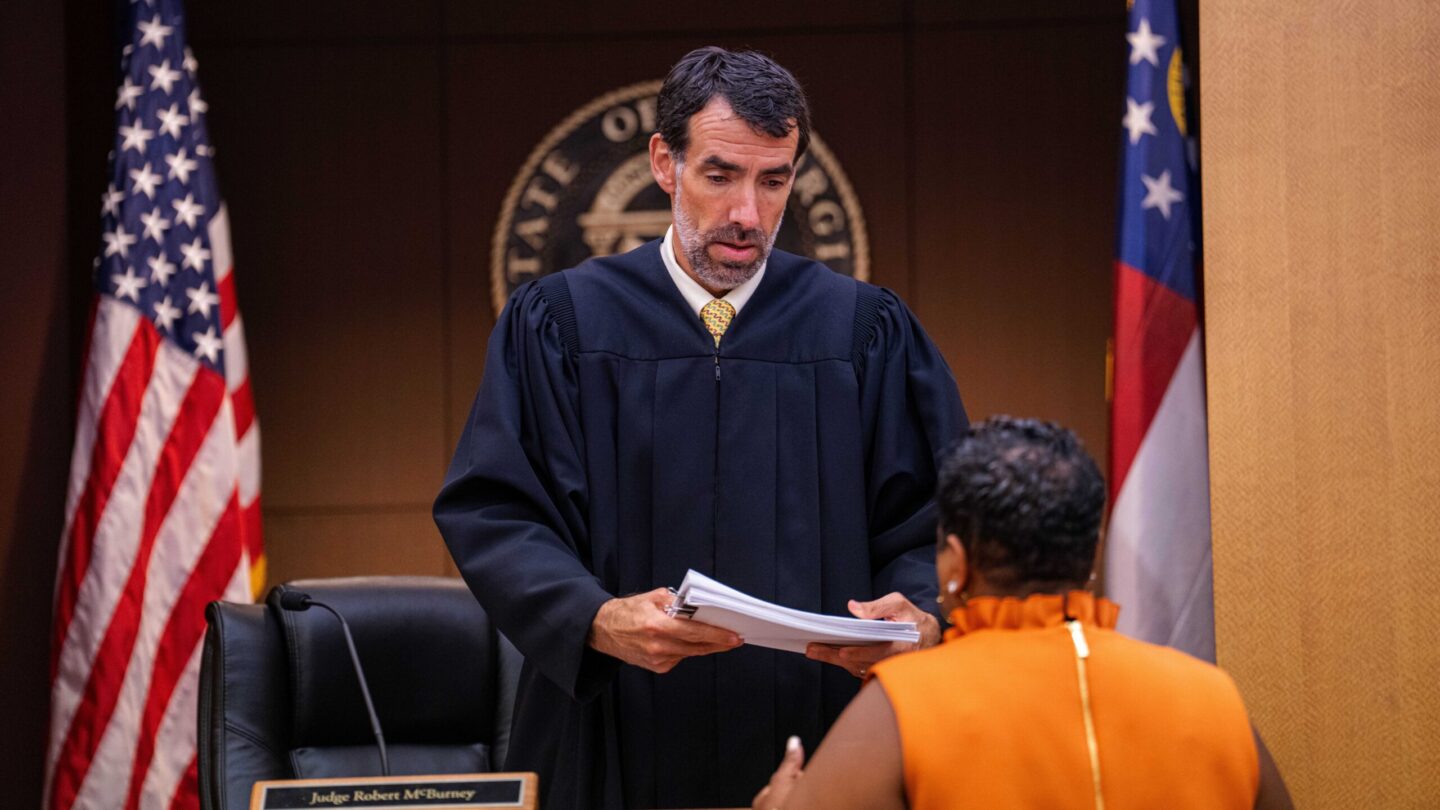
Special grand jury also recommended criminal charges in January
In January 2022, Willis asked the Fulton County Superior Court to impanel a special grand jury dedicated to the investigation. Over eight months, the special grand jury heard from 75 witnesses, including many of Trump’s closest allies and some of Georgia’s top officials like Republican Gov. Brian Kemp and Secretary of State Raffensperger.
The special grand jury issued a final report in January that included recommendations on criminal charges, though only portions of the report were made public in “fairness to potential, future defendants.”
Aside from federal charges for many of the Trump supporters who stormed the U.S. Capitol on Jan. 6, the indictments in Fulton County are among the first to target the political operatives, lawyers and public officials who prosecutors believe tried to interfere with the 2020 election result. In July, the Michigan attorney general announced charges against the 16 people who signed on as fake electors for Trump from Michigan.
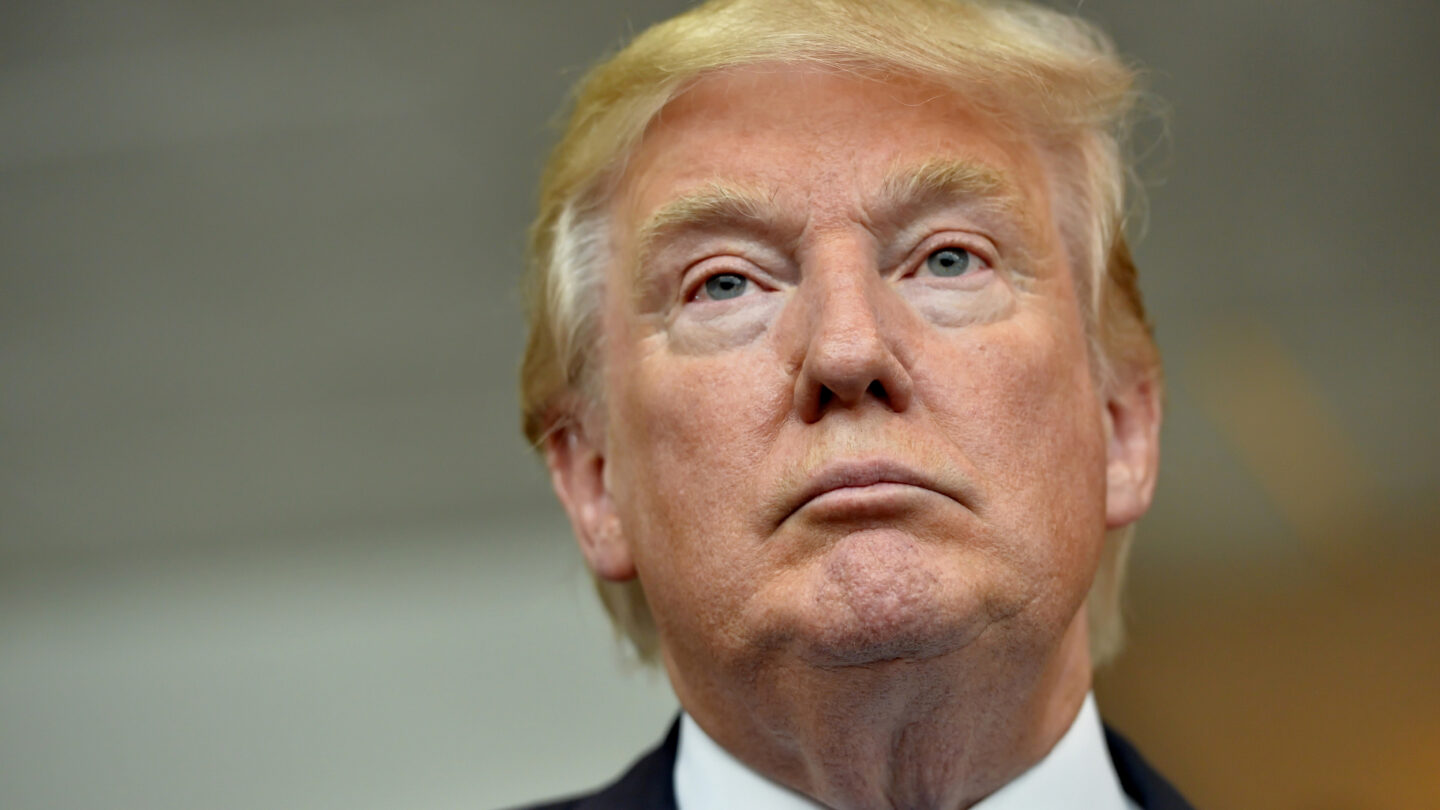
Trump’s indictments pile up
Trump has already been indicted on four federal charges for his attempts to subvert the 2020 election result. That case is being prosecuted by U.S. Department of Justice Special Counsel Jack Smith and prominently features many of the same post-election activities investigated by Fulton County prosecutors, though Willis has said the two prosecutors have not coordinated.
“I don’t know what Jack Smith is doing and Jack Smith doesn’t know what I’m doing,” Willis told WABE in July. “In all honesty, if Jack Smith was standing next to me, I’m not sure I would know who he was. My guess is he probably can’t pronounce my name correctly.”
Trump is also facing 40 federal charges related to classified documents stored in his Mar-a-lago home, including unlawfully retaining government secrets and conspiring to obstruct justice.
The former president has also been indicted in a case brought by Manhattan District Attorney Alvin Bragg focused on hush money payments to adult film actress Stormy Daniels during the 2016 presidential campaign.
This spring, a jury found the former president liable for battery and defamation in a federal lawsuit brought by writer E. Jean Carroll.
Around the same time, Willis sent a letter to law enforcement asking them to prepare for her charging decisions, saying the announcement may provoke a “significant public reaction.”
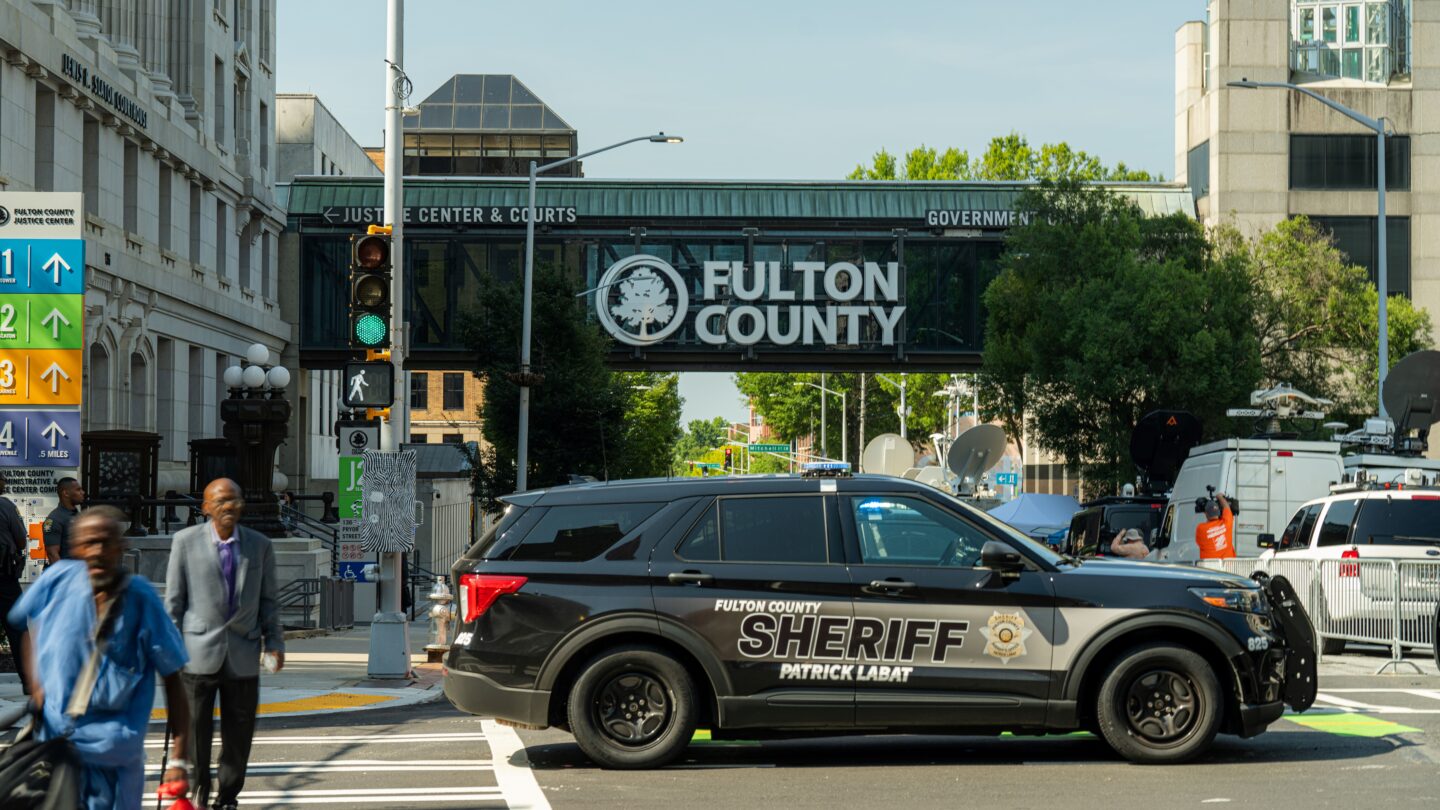
Security enhanced at Fulton Courthouse in leadup to indictment release
Leading up to the indictment, orange barricades went up around the Fulton County Courthouse. Fulton County Sheriff Patrick Labatt said that law enforcement has investigated at least a dozen threats and the sheriff’s office coordinated security with multiple local and federal agencies.
“We’re creating a force multiplier that you’ve never seen before,” Labat told reporters earlier this month.
Trump has called the investigation a politically-motivated “witch hunt” and filed motions with the Fulton County Superior Court and the Georgia Supreme Court demanding they quash the special grand jury report and disqualify the Fulton County district attorney’s office from prosecuting him and others connected with the 2020 election fallout.
Trump’s lawyers wrote in a March filing that the investigation violated “all notions of fundamental fairness” and called the panel’s recommendations “fruit of the poisonous tree.”
Judges have refused to grant Trump’s motions to stop the case.
In a May interview, Willis told WABE how she’s thinking about the stakes of her investigation:
“I do understand that the country is interested in this,” Willis said. “It’s always been interesting to me how much the country is paying attention. But for me, everyone is entitled to dignity. Everyone is entitled to being treated fairly. So we want to make sure that we don’t do anything differently in this case than we would in others.”
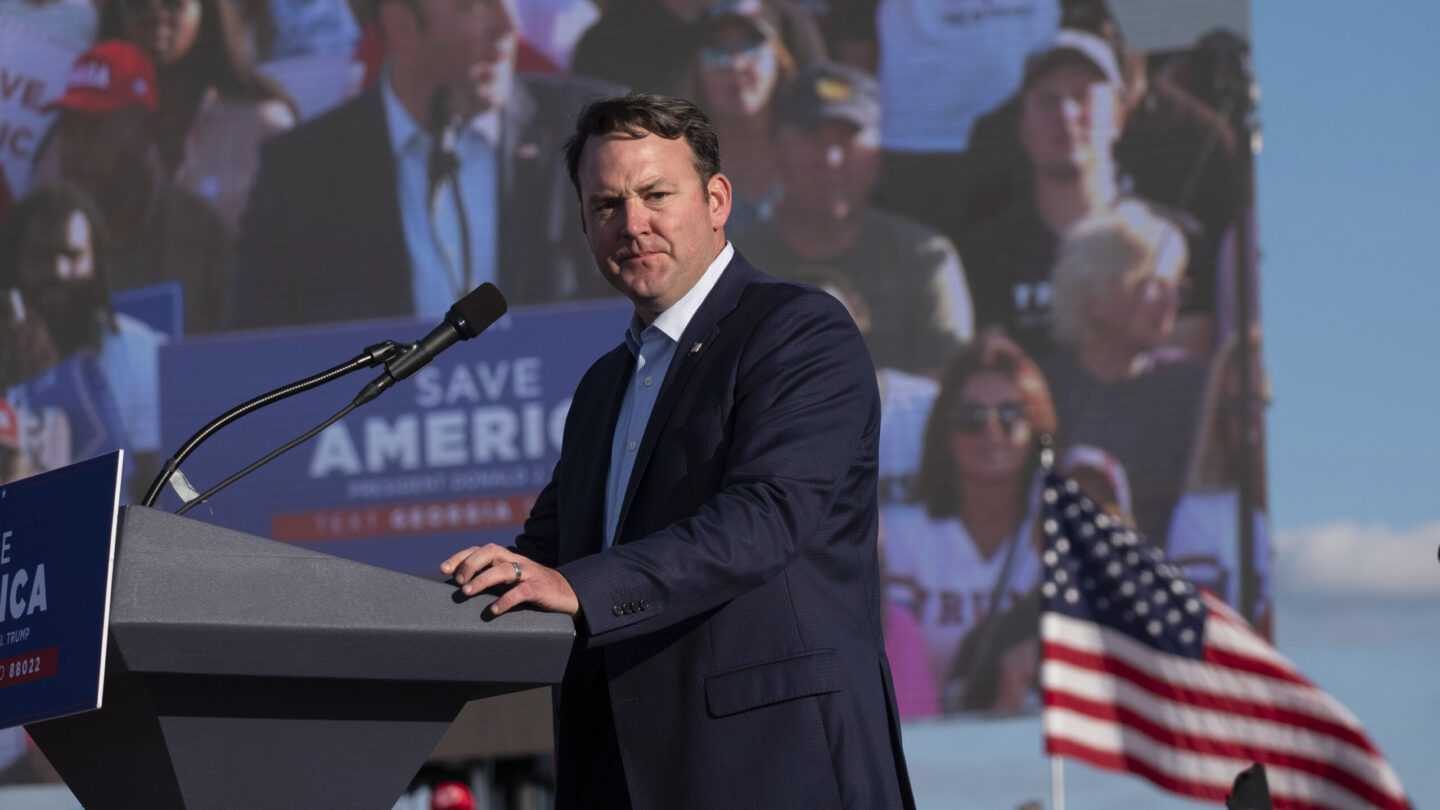
Investigators zero in on fake electors, efforts to pressure officials
The investigation also examined plans to organize a fake slate of electors for Trump and other attempts to interfere with the election, including targeting two Fulton County election workers and spreading false conspiracy theories about widespread election fraud in order to mislead state officials to help overturn the election result.
Last summer, Willis told 16 Georgia Republicans that they were targets of her criminal investigation. The group of Republicans signed onto a slate of fraudulent electors for Trump, submitted to the National Archives, despite Biden’s victory in Georgia.
The electors have said they believed they were contingent electors, preparing for the outcome of legal challenges over the election. According to court filings, several of the Trump electors accepted immunity deals in exchange for their testimony.
Last summer, Congressional investigators first outlined how the Trump campaign hoped to use the alternate slates of electors to pave the way for Vice President Mike Pence to overturn the election on Jan. 6.
That group of electors included former Republican state Sen. Burt Jones, who is now Georgia’s lieutenant governor. The court disqualified Willis from investigating Jones after Willis, a Democrat, hosted a fundraiser for his opponent in the lieutenant governor race. Judge Robert McBurney, who oversaw the investigation, called it a “what are you thinking moment.”
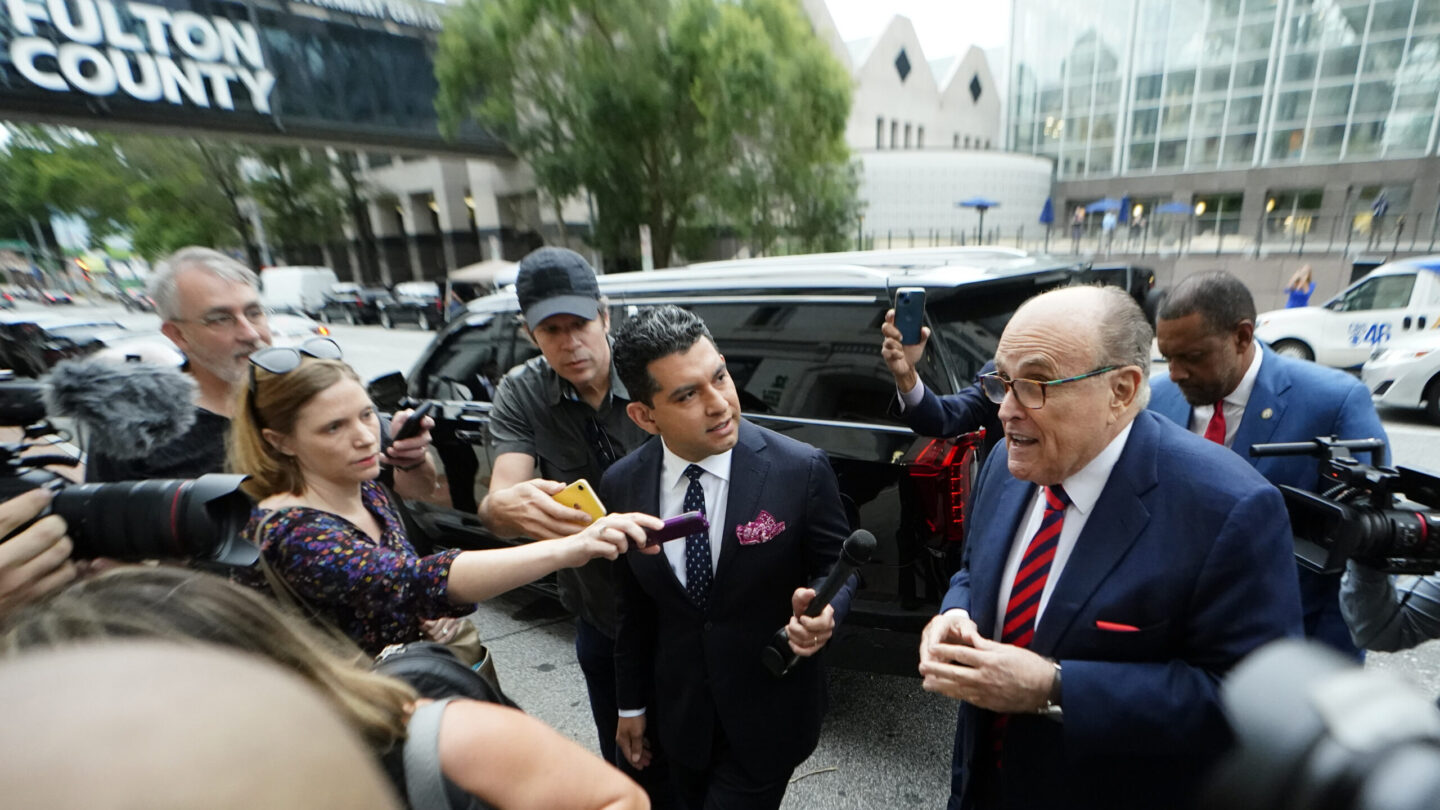
Prosecutors eyed Giuliani’s visit to the Gold Dome
Prosecutors were also interested in Trump lawyer Rudy Giuliani’s visit to Georgia after the 2020 election, when he spread false claims about widespread voter fraud during hearings with lawmakers. His false claims included amplifying a conspiracy theory about a video purportedly showing election workers in Atlanta pulling a suitcase of illegal ballots from under a table and passing around a USB drive.
State election officials repeatedly debunked the claim. The two election workers, mother and daughter Ruby Freeman and Shaye Moss, later testified in front of the January 6th Committee in Congress that they were reaching for a ginger mint candy. But the women ended up being subject to harassment and death threats so intense they said they were scared to even go to the grocery store.
Giuliani responded to the indictment on Tuesday calling it “an affront to American democracy [that] does permanent, irrevocable harm to our justice system.”
“It’s just the next chapter in a book of lies with the purpose of framing President Donald Trump and anyone willing to take on the ruling regime,” he added.
Ellis, a protege of Giuliani’s who joined him in the hearings at the Georgia Capitol, was also indicted by the Fulton grand jury on Monday.
“The Democrats and the Fulton DA are criminalizing the practice of law,” Ellis responded on Twitter on Tuesday.
Prosecutors have also pursued efforts by the Trump campaign to access voting machines in Coffee County, with the help of local officials.
Emily Kohrs, the foreperson of the special grand jury that investigated these activities, told several media outlets in interviews that the panel had recommended multiple indictments, though she declined to name who. Asked whether jurors recommended indicting Trump, Kohrs said, “You’re not going to be shocked. It’s not rocket science.”
The five pages of the final report released to the public revealed that jurors believed some witnesses lied under oath during their testimony, and recommended the district attorney seek perjury charges. The special grand jurors also unanimously concluded that no widespread election fraud occurred in the 2020 election in Georgia.
“It’s going to be essential to show that people had an intent to undo something which they knew to be legitimate and lawful,” says Georgia State University law professor Anthony Kreis. “And so if that is part of this body of evidence that’s unearthed, that the election was never in doubt, that makes that case easier to bring.”
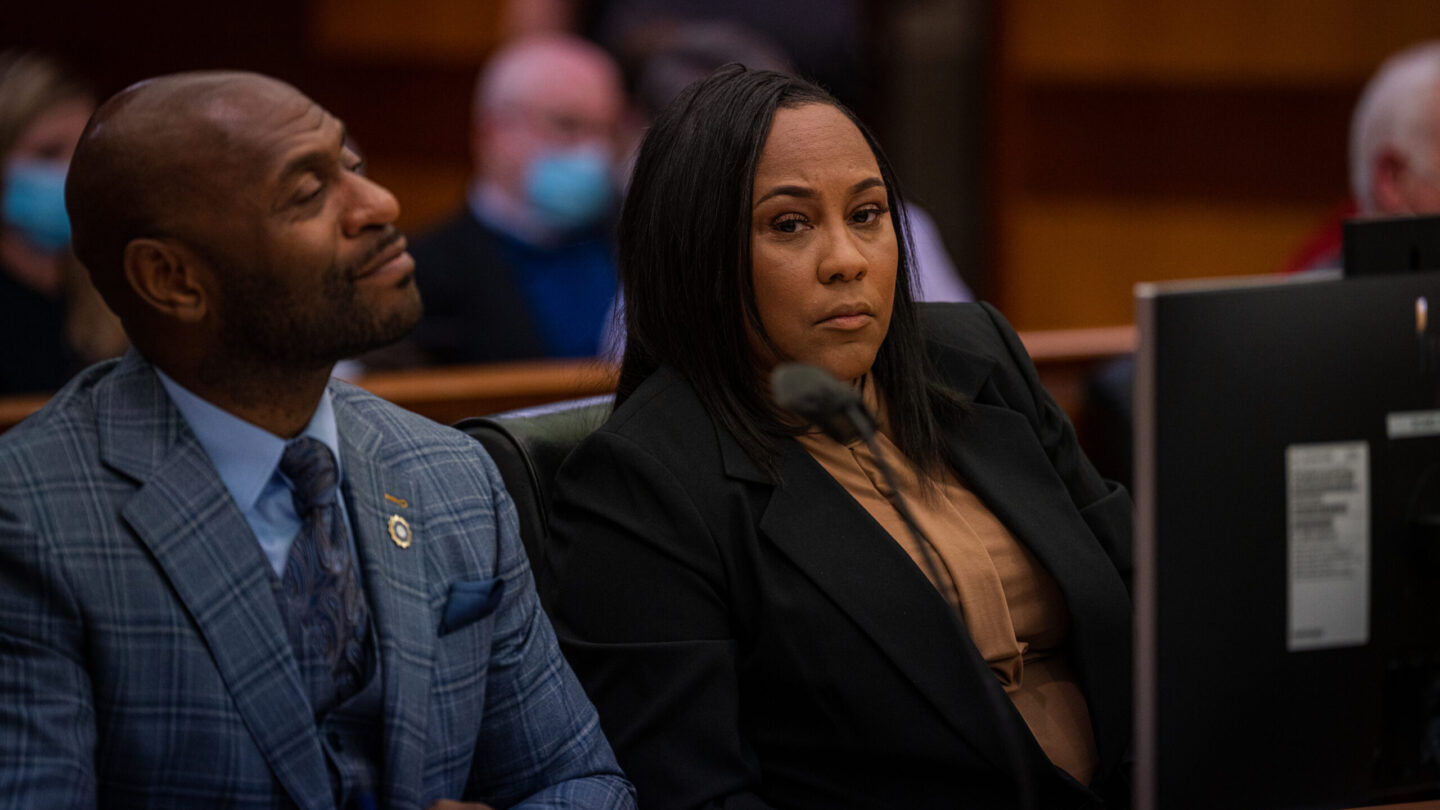
The role of RICO
Willis is known for deploying Georgia’s racketeering statute, referred to as RICO, to prosecute webs of people accused of conspiring to commit specific crimes.
“It was written for the purpose of not just catching the guy who killed someone, but catching the whole organization and taking it down,” says Morgan Cloud, a law professor at Emory University.
RICO cases are often used to prosecute gang activity and require proving a pattern of multiple people organizing to commit or solicit another person to commit two or more specific, underlying crimes.
“RICO is a tool that allows a prosecutor’s office and law enforcement to tell the whole story,” Willis told reporters last year.
A RICO conviction in Georgia carries a five to 20-year prison sentence, a fine or both.
While Trump would be able to pardon himself and others for federal crimes should he win a second term as president, a president cannot issue pardons for state convictions. In Georgia, an independent review board considers pardons only five years after the completion of a sentence.
Next steps
A criminal trial of this magnitude in Georgia could take months to resolve. Jury selection alone could prove thorny and legal watchers anticipate Trump’s lawyers could motion to have the case moved to federal court, arguing he had been acting in his role as a federal official.
Don Samuel, an Atlanta defense attorney who represented the Georgia legislature during the special grand jury proceedings, told WABE last year that the case would drain resources from a district attorney’s office backlogged with other cases.
“When you take one case and say this is going to dominate our judicial system for weeks or months or a year, it’s just a political decision she needs to make,” he said. “Is it worth it?”
Willis, who won the district attorney post just months before Biden defeated Trump in Georgia, first became known for her work prosecuting gang crimes and a cheating scandal in Atlanta Public Schools. She has made it clear from the start that she wouldn’t shy away from high-profile cases.
“My career has taught me, no matter the political pressure, just do what’s right,” Willis said when she first took office in 2021. “And no matter if you were at the state Capitol or the slums, you will be held accountable if you commit a crime in my community.”
Patrick Saunders contributed to this report.








